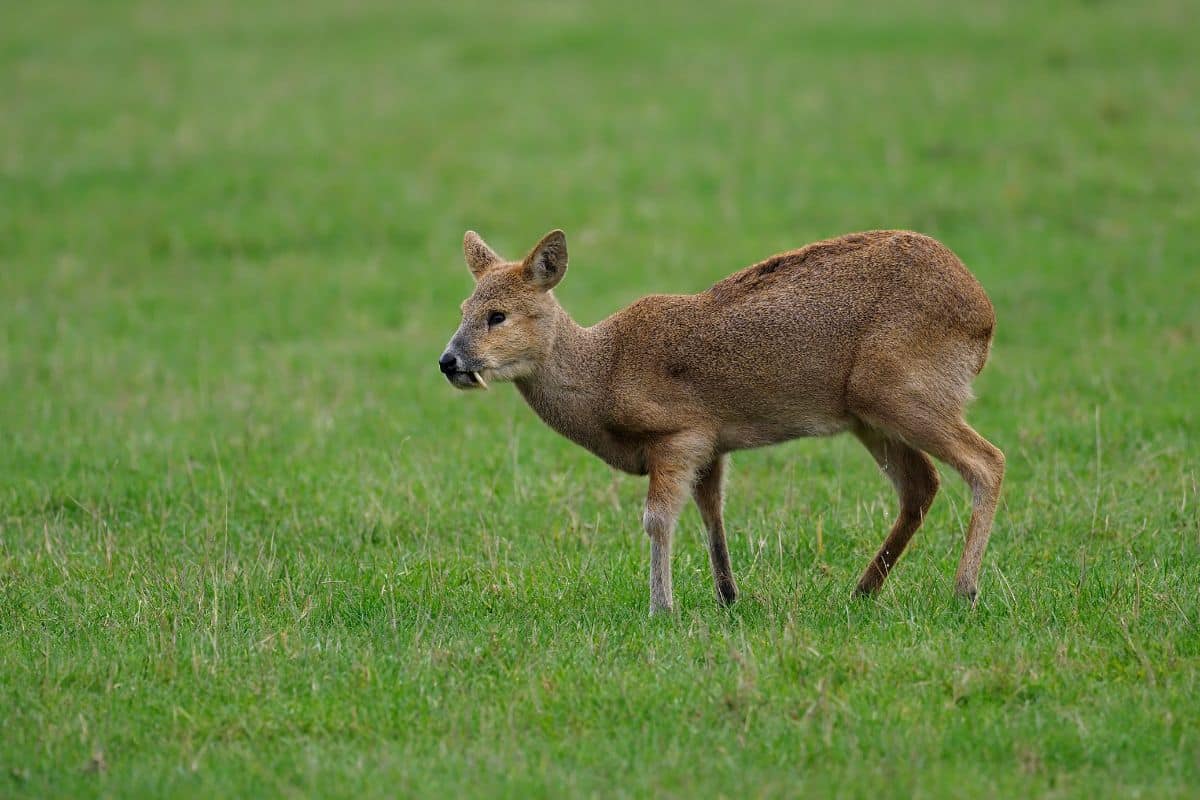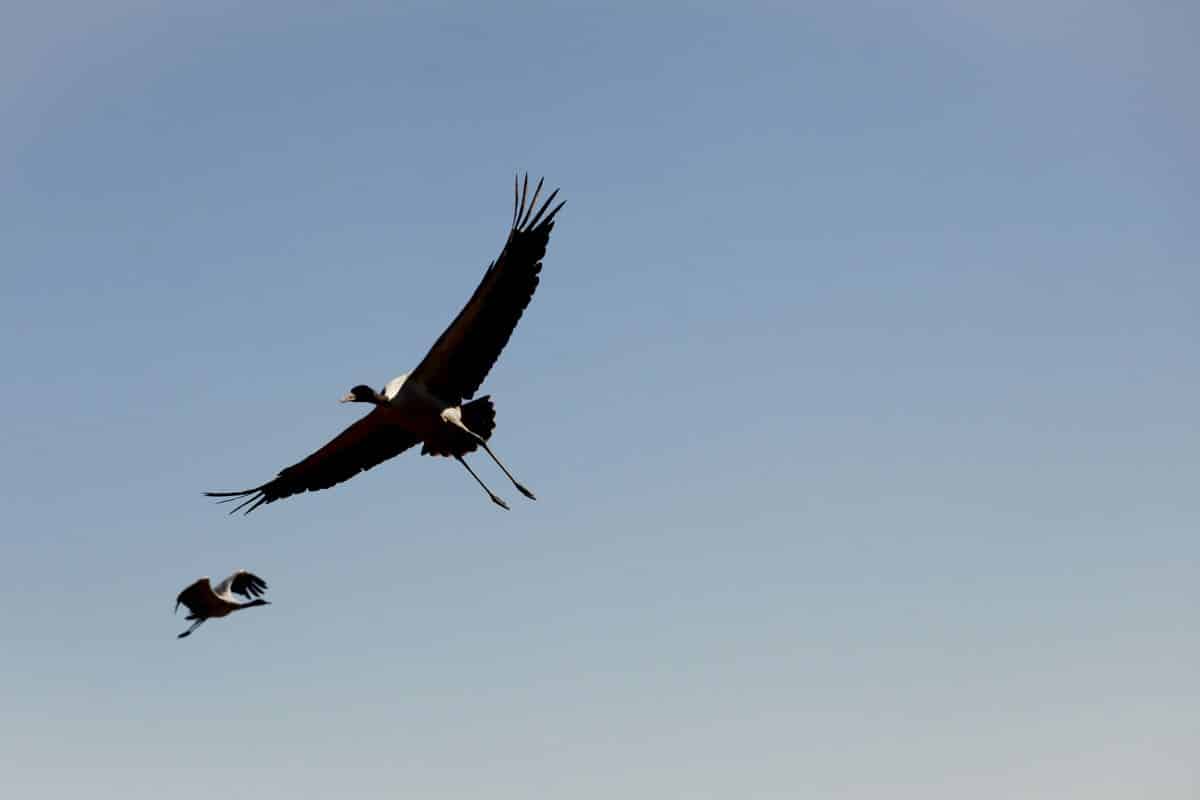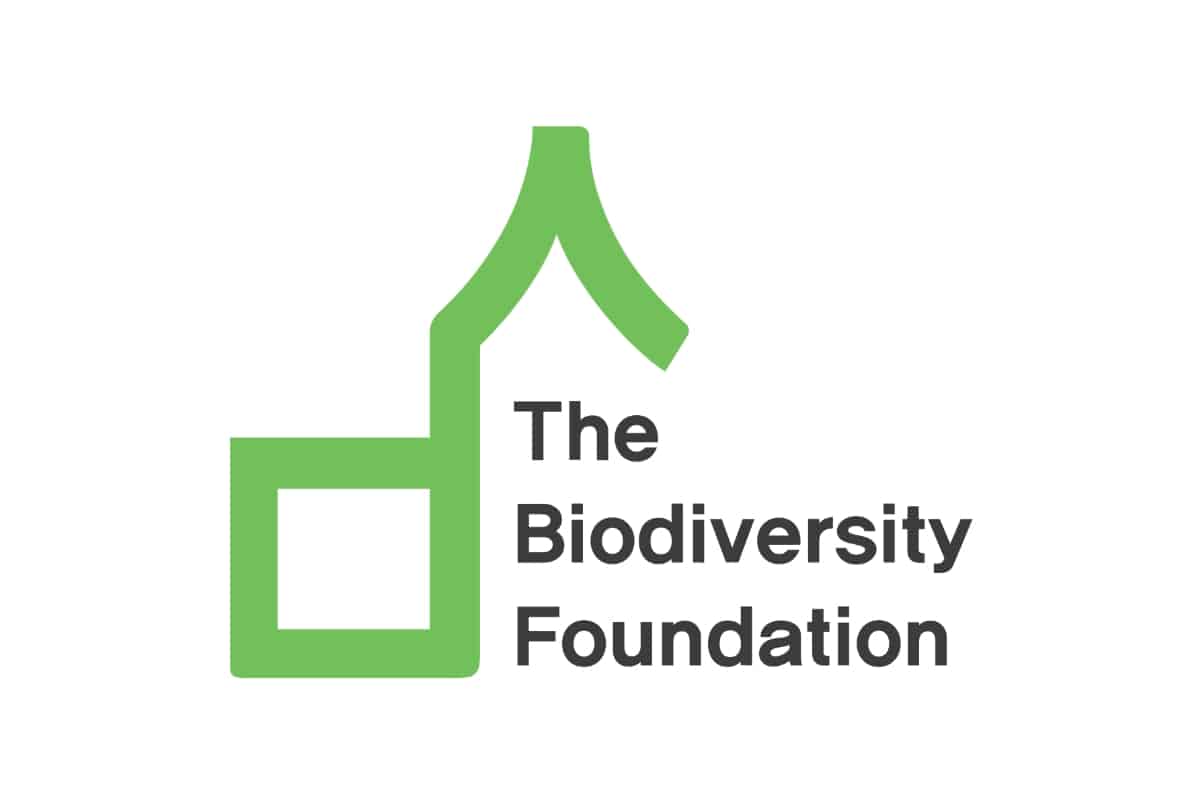Raccoon Dog (Nyctereutes procyonoide). Photo credit: Wildmedia
Partner Organisation: The Biodiversity Foundation
Location: South Korea
This week, the Global Rewilding Alliance is delighted to welcome The Biodiversity Foundation into our ever-growing network of 250+ partners. Established in 2013, they are South Korea’s only non-profit bearing biodiversity in their name and a trailblazer in ecological restoration.
This Seoul-based organisation is a visionary force weaving science, art, and public will into South Korea’s rewilding tapestry. Their mission is to reignite ecological sensitivity through science, creativity, and public action—proving that rewilding is not just for wildness but also for human hearts and cities.

“Rewilding Stories” Credit: The Biodiversity Foundation
Why Rewilding in South Korea?
The Biodiversity Foundation challenges static conservation models in a nation marked by rapid urbanisation and fragmented habitats. They advocate for rewilding that enables natural processes to shape ecosystems, rooted in human support and positive action, while reducing human control. They recognise the crucial elements of restoring apex predators’ roles, reconnecting wildlife corridors, and reimagining urban spaces. Their work bridges science, art, and grassroots activism to foster a society where nature is in the driver’s seat.

Water deer, Hydropotes inermis. Credit: MikeLane45 from Getty Images.
How They Cultivate a Wilder Future
Land Acquisition for Rewilding: The Biodiversity Foundation purchased land in Janggok-ri (Paju, Gyeonggi province) through public fundraising from July to October 2024. This inaugural South Korean rewilding project now operates under a passive rewilding scheme, monitored for biodiversity recovery as nature reclaims its course.
Asian Rewilding Leadership: In September 2024, they launched Asia’s first Rewilding Forum at Ewha University (Seoul), uniting experts from South Korea, Japan, Singapore, Mongolia, and Indonesia.

Rewilding Exhibition and Rewilding Documentary Fliers. Credit: The Biodiversity Foundation
Changing Mindsets Through Culture & Science: The ‘Rewilding Asia’ documentary (submitted to Denver’s SER2025 Film Festival), follows a Korean scientist’s journey to explore coexistence models from Singapore’s urban nature to Mongolia’s wildlife.
The Biodiversity Foundation also hosted province-wide rewilding lectures (free of charge) and the ‘Rewilding Stories’ cultural event featuring anthropologists and poets exploring human-wildness relationships.
Through a sensory ‘Rewilding Exhibition’ featuring provocative displays like carcasses and predator soundscapes The Biodiversity Foundation sought to challenge urbanised perceptions of nature. For instance, the carcass exhibit forced visitors to confront the raw reality of death as a key ecological process – a stark contrast to parks where decay is routinely removed. Normalising this cycle highlights how scavengers depend on carcasses and why humans could accept unkempt nature for ecosystems to thrive. The Biodiversity Foundation hopes to renew humans’ relationship with the wild through such initiatives.

Red Crowned Crane – Grus Japonensis. Credit: Xiefei from Getty Images
Impact & Vision
The Biodiversity Foundation fosters societal readiness for cohabitation with restored species and processes by rewilding minds alongside landscapes. Their approach, backed by field research, citizen science, and cross-disciplinary ventures, proves that South Korea’s ecological future need not be pristine to be wild. It must simply be free—because rewilding is not a return to the past but an invitation to let nature write its own future.
“Knowing is Loving, Loving is Expressing.” – The Biodiversity Foundation’s maxim.
Learn more on their website (in Korean) or follow their journey on Instagram.

Logo. Credit: The Biodiversity Foundation

